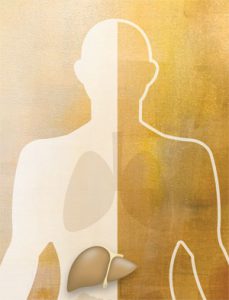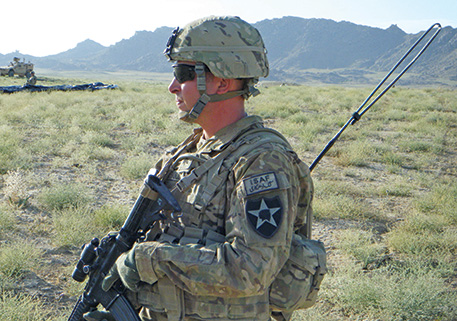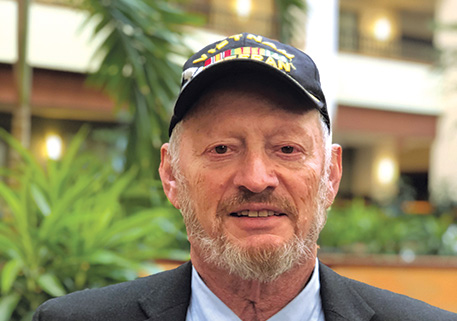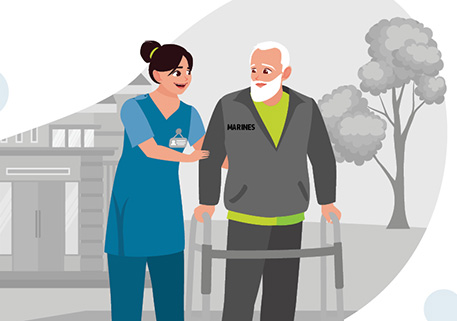New combination of anti-viral drugs show promising results in veterans infected with hepatitis C
 Coast Guard veteran Ian Phillips lived with an active case of hepatitis C (HCV) for 20 years. He was mostly asymptomatic, although like in many other veterans, the virus caused cirrhosis, a deterioration of the liver.
Coast Guard veteran Ian Phillips lived with an active case of hepatitis C (HCV) for 20 years. He was mostly asymptomatic, although like in many other veterans, the virus caused cirrhosis, a deterioration of the liver.
“It was like living with a ticking time bomb,” he said.
But research is showing a new anti-viral drug regimen for HCV has yielded “remarkably high” cure rates among 17,000 patients receiving care through the Department of Veterans Affairs.
Researchers extracted anonymous data on all patients in VA care who received HCV anti-viral treatments between January 2014 and June 2015. According to the report, “The drugs, introduced in 2013 and 2014, have been credited with revolutionizing HCV treatment, which means a cure is now in reach for the vast majority of patients infected with the virus.”
Most patients undergoing earlier drug regimens could expect only a 50-percent chance of being cured.
The new treatment is providing Phillips with hope for a healthier future.
“It was difficult for many years while the virus was still active,” said Phillips. “HCV is not something you want to go around and tell everybody about. It’s a tough thing.”
HCV has been undetectable in Phillips’ blood for the past year, and his cirrhosis has stabilized, allowing him to regain some liver function. His doctors tell him his hepatitis is totally cured and will not come back unless he gets infected again.
“Thankfully, a boost in VA funding over the past several years has enabled VA to screen and treat more veterans,” said National Legislative Director Joy Ilem. “Hepatitis C infections have nearly tripled in the last five years, and veterans who served in Vietnam were disproportionately exposed to the disease—often as a result of blood transfusions after combat injuries. Access to this new medication and the care veterans receive from VA is good news for veterans.”
The new combination of drugs over the course of treatment doesn’t have troublesome side effects such as fever, fatigue and low blood counts like previous treatments, which encourages patients to stay with the regimen for much longer. Researchers are also seeing “remarkably high SVR (sustained virologic response) rates in real-world clinical practice,” according to the research.
“I don’t have the virus hanging over my head,” Phillips said. “I have the chance that I could have complications like liver cancer, because you have a high percentage of people getting that with cirrhosis. But knowing that the HCV is no longer attacking my liver … I feel healthy, I hike, I’m active. I’m no longer carrying around that stigma, the ticking time bomb of the virus. It’s a wonderful thing.”
The VA is currently the largest provider of treatment for HCV in the nation, as an estimated 234,000 veterans are affected by the virus. To date, more than 68,000 veterans have been treated with the new drug regimen.
Doctors and researchers with the Veterans Health Administration predict an additional 50,000 veterans may unknowingly carry the virus, and they advise everyone get screened. To learn more, visit hepatitis.va.gov.






